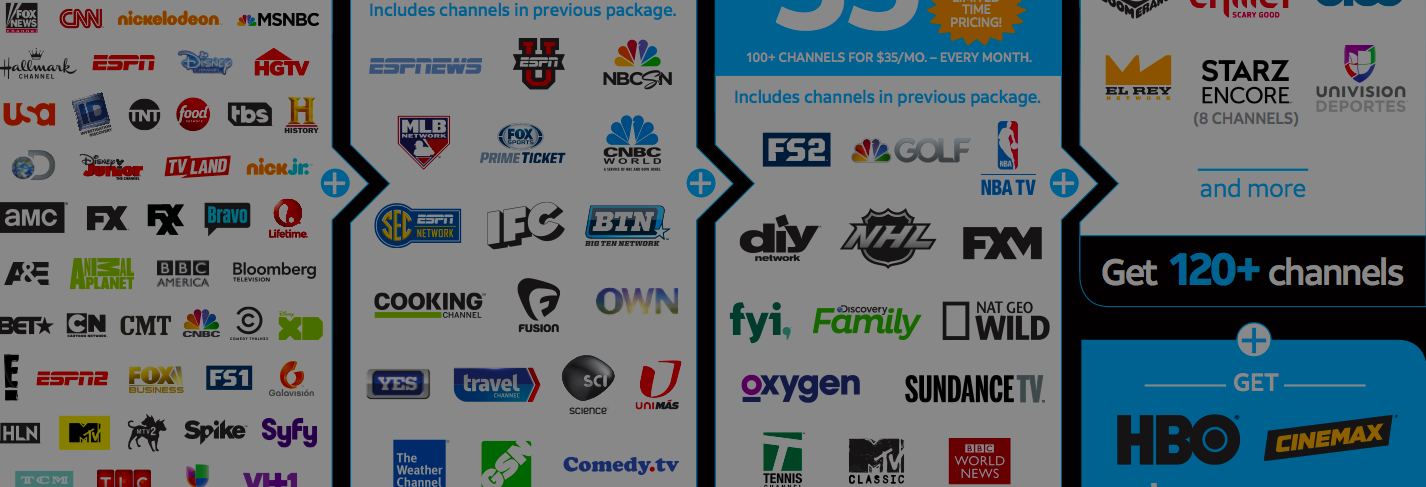While last year’s Open Internet Order — better known as the “net neutrality” rules — stops broadband providers from blocking, speeding up, or slowing down data to or from sources of their choosing, that rule doesn’t explicitly deal with the practice of “zero-rating,” where a broadband provider doesn’t count certain content against the user’s monthly data limit. After recently raising “serious concerns” about this practice, the FCC is now warning AT&T and Verizon that some of their zero-rating programs appear to harm consumers by providing these companies with unfair advantages in streaming video. [More]
fcc

FCC: Cable Internet Really Is Getting Better But It Still Sucks To Have DSL
The FCC has released its latest Measuring Broadband America report, which — among other things — tells consumers if internet providers are indeed living up to the super-fast speeds they advertise. And while the industry is getting better at both delivering and marketing cable broadband, Americans who rely on satellite or DSL internet access are having difficulty catching up.
[More]

Giddy Investors Already ‘shipping Comcast, Verizon, Sprint, T-Mobile Mergers Under Trump Administration
This is shocking, we know, but: big businesses really like to make money. And when you’re already as huge as, say Comcast, one of the best ways to make oodles more money is to snap up another company and start raking in its revenues, too. Could Comcast snap up Verizon? Charter grab Sprint? At least one tech stock analyst thinks that deals like this, which might sound outlandish today, could be on the table soon. [More]

Net Neutrality, FCC Itself Likely To Face Big Challenges Under Trump Administration
In the two weeks since being named president-elect, Donald Trump has already named a handful of nominees to key positions and expanded his transition team to help determine who should fill in those other spots, and what policies will guide them. Based on the backgrounds of the two men heading up the FCC transition efforts, some of the Commission’s recent efforts will likely be rolled back, and the FCC’s entire role may be reconsidered. [More]

U.S., Canada Team Up To Fight Robocalls Together
If you didn’t have much to do during the mid-’90s, you may remember a CBS show called Due South about the unlikely crimefighting duo (is there ever a show about a likely crimefighting duo?) of Constable Benton Fraser of the Royal Canadian Mounted Police and Chicago Detective Raymond Vecchio (until he had to go deep undercover and was replaced by not-quite-lookalike Det. Stanley Kowalski). Today’s announcement from regulators in the U.S. and Canada is exactly like that show, except it’s about robocalls, and is really nothing at all like that show. [More]
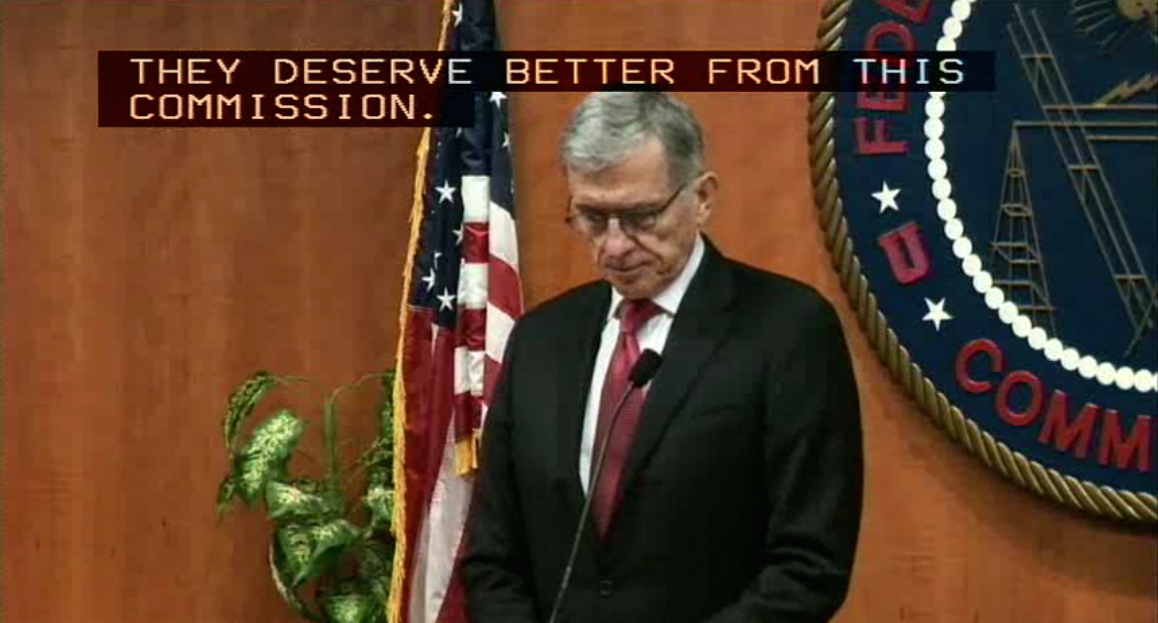
FCC Chair To Trump Administration: Putting Industry’s Wants Over Public Interest Would Be A “Real Mistake”
This morning, the FCC was supposed to consider a number of items during its monthly open meeting, but yesterday afternoon the Commission suddenly deleted almost everything from the agenda, including matters related to expansion of wireless broadband networks, standardized roaming on wireless, competition in business data services, and requirements on accessibility to certain programming to visually impaired Americans. After today’s brief meeting, FCC Chair Tom Wheeler spoke publicly about why these items were removed, and indirectly called on President-elect Donald Trump’s incoming administration to put consumer protection before the desires of the telecom, pay-TV, and wireless industries. [More]
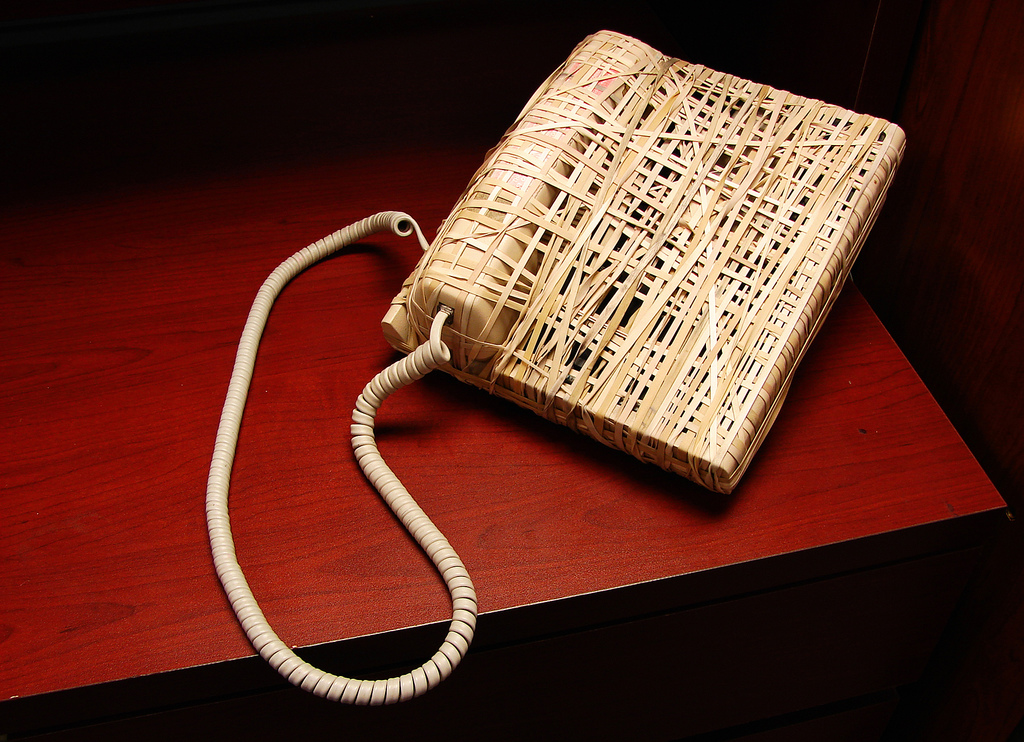
FCC: Don’t Be Fooled By Callers Posing As Utility Employees Demanding Payment
We’ve heard about scammers who call up consumers and pretend to be utility company workers, demanding immediate payment. And as we head into the winter, when many people might be endangered by an interruption in heat, the Federal Communications Commission is warning folks to be especially wary of such calls. [More]

FCC: No, Our Rules Are Not An Excuse For AT&T To Block Google Fiber In Louisville
Despite recently putting many Fiber plans on hold, there’s still a decent chance Google might bring its high-speed internet service to Louisville. And where there’s the possibility of competition, lawsuits arrive to stop it. Some of those complaints invoke the FCC, but the Commission has now chimed in — and it’s saying, basically: Hey, not so fast! Leave us out of this; you’re on your own. [More]
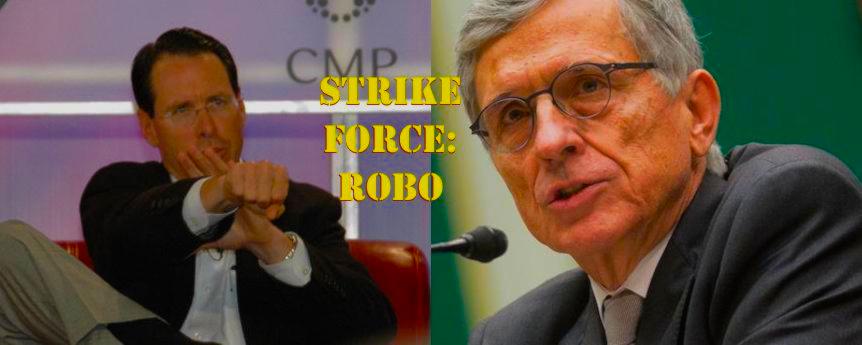
After 60 Days, What Has The “Robocall Strike Force” Accomplished?
Two months ago, AT&T CEO Randall Stephenson accepted the challenge of FCC Chair Tom Wheeler to head up an industry-led “Strike Force” to finally do something meaningful to curb unwanted, often illegal, robocalls, and to give consumers free tools they can use to try to block these calls. The team was given 60 days to get this ship headed in the right direction, and now that time has passed a verdict is in: Much was accomplished, but consumers still don’t have the tools they need. [More]

FCC To Propose Rules That Could Restore Consumers’ Right To Sue Phone, Broadband Providers
While the big headline of this morning’s monthly FCC meeting was the release of the Commission’s final rules on broadband privacy, the agency’s leadership also let it be known that it’s planning to take on one of the industry’s most controversial issues: The right of consumers to have their day in court. [More]
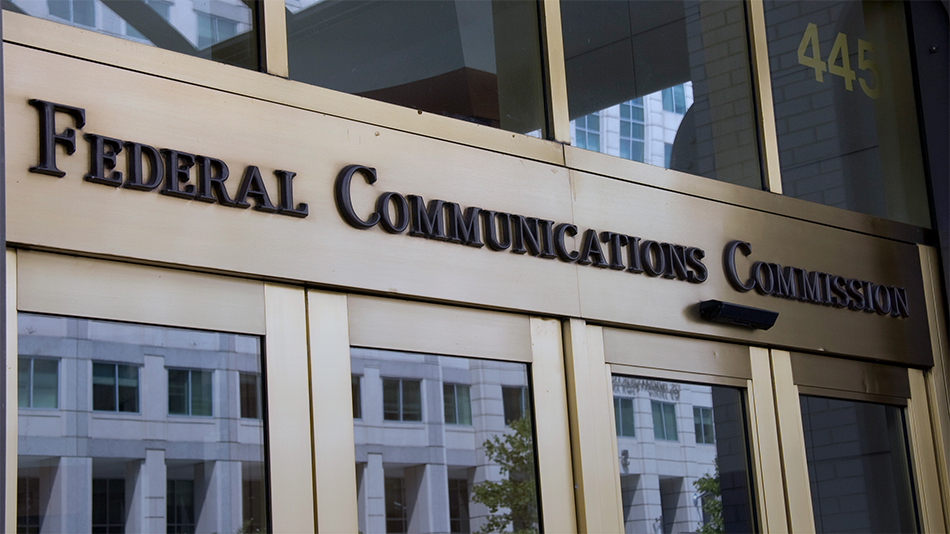
FCC Adopts New Privacy Rule Limiting What ISPs Can Do With Your Personal Data
Privacy is a complicated thing, especially online. While we all know companies like Google, Facebook, and Amazon — edge providers, in the parlance of regulators — collect and use our data, fewer of us think about how much the owners of the metaphorical pipes can see passing through them. So to that end, the FCC voted today to adopt rules designed to limit how much of internet subscribers’ data ISPs can sell, share, and trade, and to let customers have some more control over the uses of their personal information. [More]
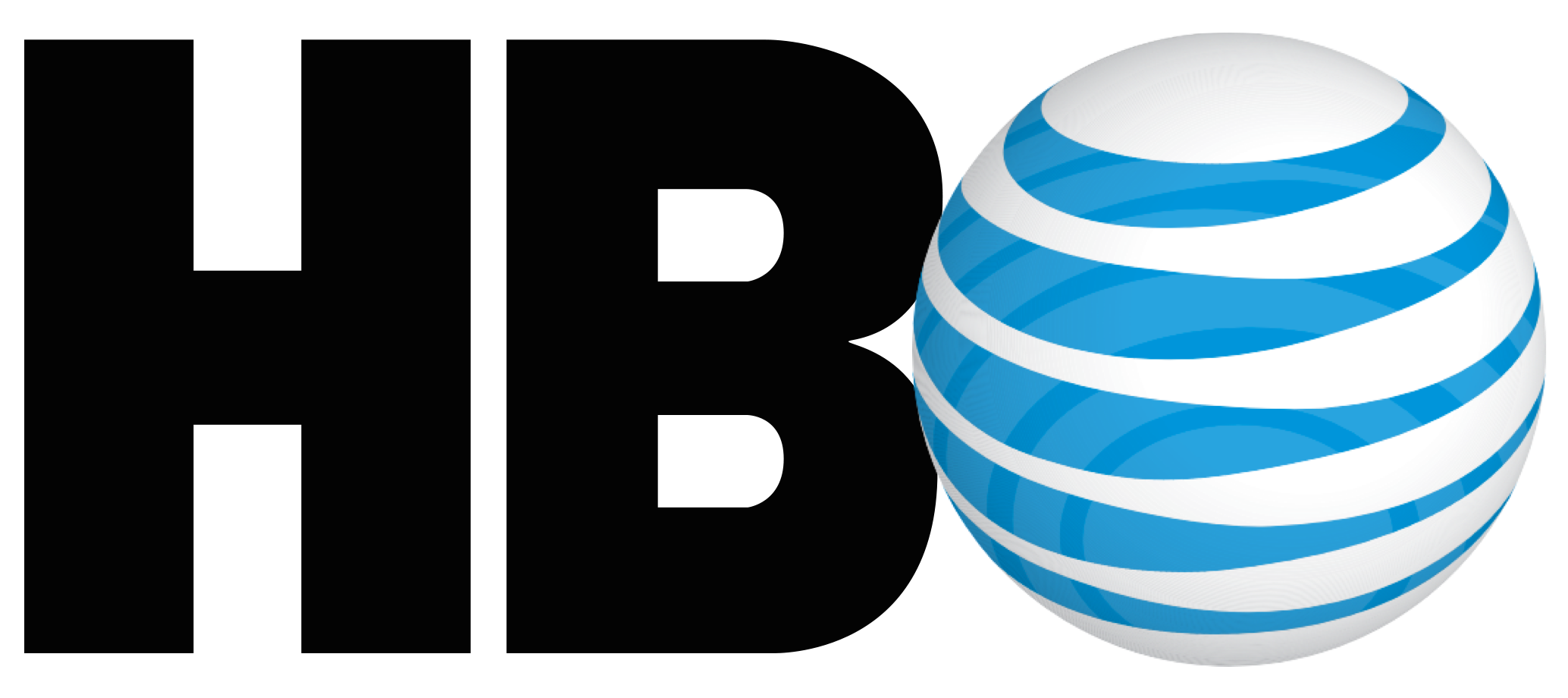
Why AT&T Is Buying Time Warner, And Why So Many People Aren’t Happy About It
The time from new rumor to signed deal was only about two days, and yet here we are: AT&T is putting the moves on Time Warner, planning to bring the content powerhouse under its roof. This proposal will now, of course, have to grind its way through the gears of government approval. But while this proposal is a giant deal for two giant companies, the name that’s likely to come up more than any other in all the comments back-and-forth is neither Time Warner nor AT&T, but rather a competitor: Comcast. [More]

FCC Chair Tom Wheeler Talks Privacy, 5G & Set-Top Box Reform
When Tom Wheeler was appointed FCC Chair in 2013, some questioned whether a former frontman for both the cable and telecom industries could possibly keep consumers’ needs in mind when dealing with the companies he’d known intimately for decades. John Oliver even likened the naming of Wheeler as FCC Chair to “needing a babysitter and hiring a dingo.” Yet, not only has Wheeler demonstrated that he’s not a dingo, he’s also gone toe-to-toe with the companies he once represented, enacting new net neutrality rules that regulate broadband as a utility, challenging phone companies to put an end to robocalls, going after wireless providers for misleading “unlimited” plans, and trying to shake up the pay-TV monopoly on set-top boxes. [More]
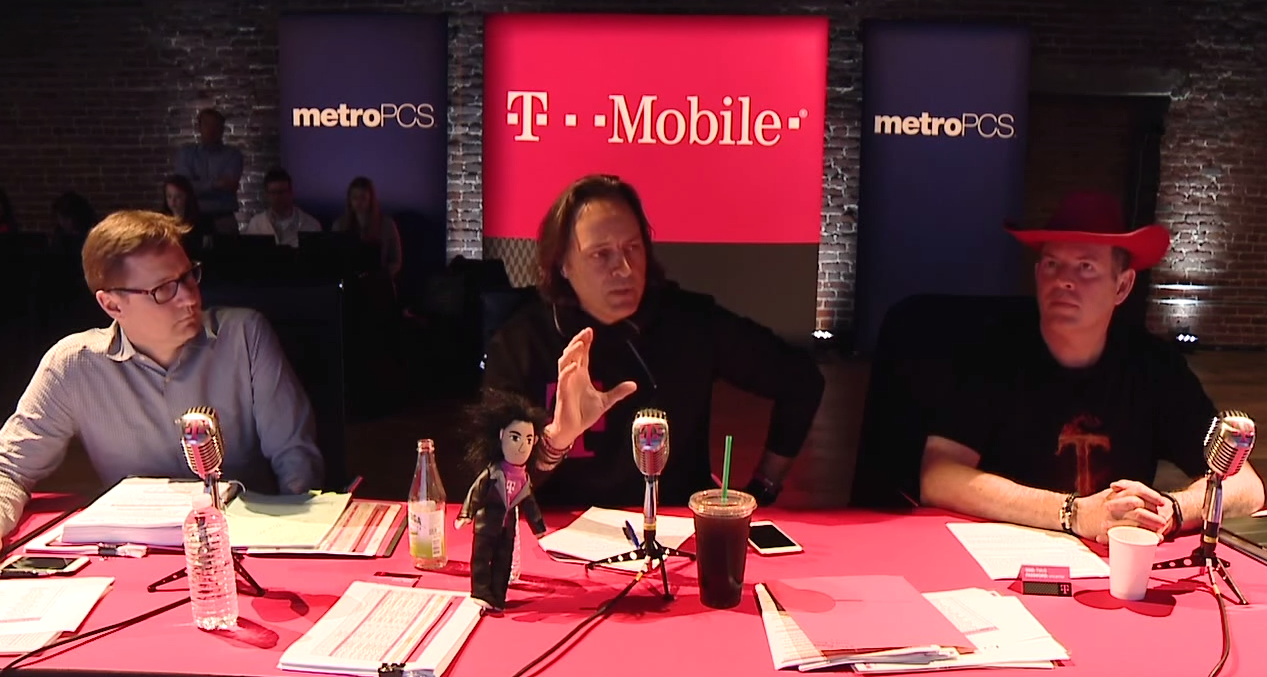
T-Mobile Will Pay $48M To Close FCC Investigation Into Limits On “Unlimited” Data Plans
If you’re going to market “unlimited” wireless data plans, you’d better adequately disclose that, as the name might imply, you’re not selling unfettered access to all the data you could possibly use in a month. Otherwise, you could end up on the hook for millions of dollars in penalties and discounts. [More]
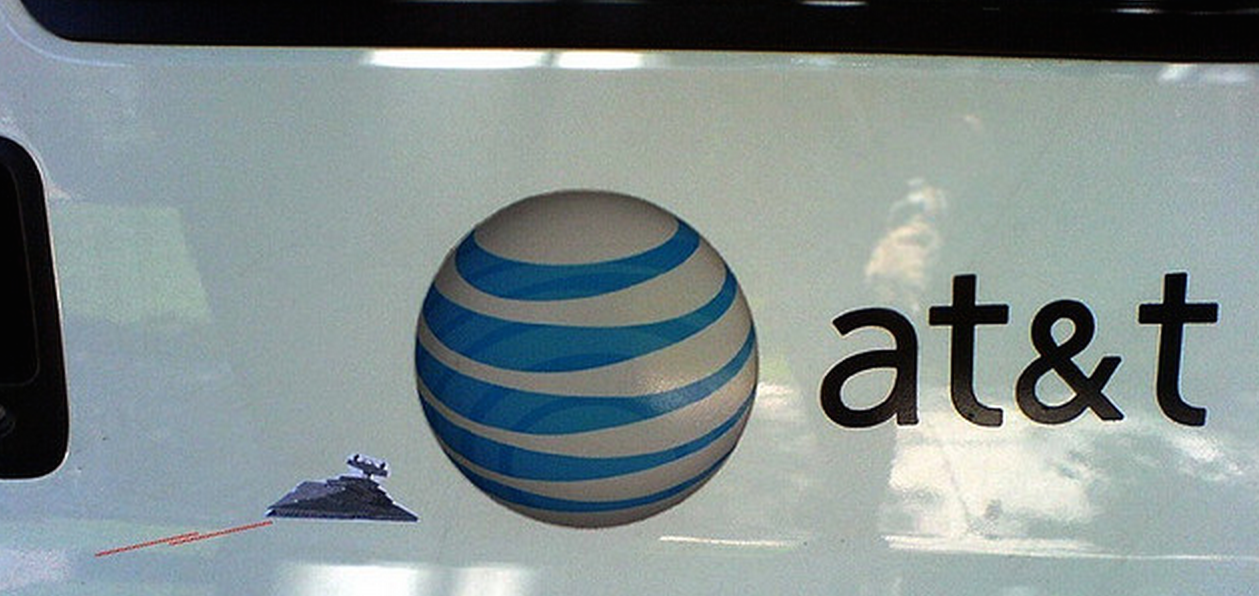
If FTC Can’t Resurrect Lawsuit Over AT&T’s “Unlimited” Data, Telecoms May Be Even More Untouchable
In August, an appeals court threw out the Federal Trade Commission’s lawsuit against AT&T over the way it marketed its “unlimited” data plans (which were anything but unlimited). Now the FTC is taking its case up the legal ladder, making the case that if it’s not allowed to sue AT&T, then all phone and internet providers can more easily get away with deceptive business practices. [More]
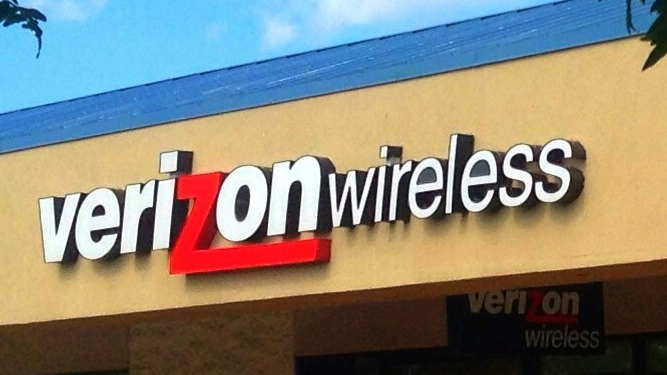
Amid Reports Of Billing Issues, FCC Sees Spike In Verizon Wireless Complaints
Amid recent reports of Verizon Wireless customers getting dinged on their phone bills with unexpected data overages, it may come as no surprise that the Federal Communications Commission has seen a spike in complaints related to the company. [More]
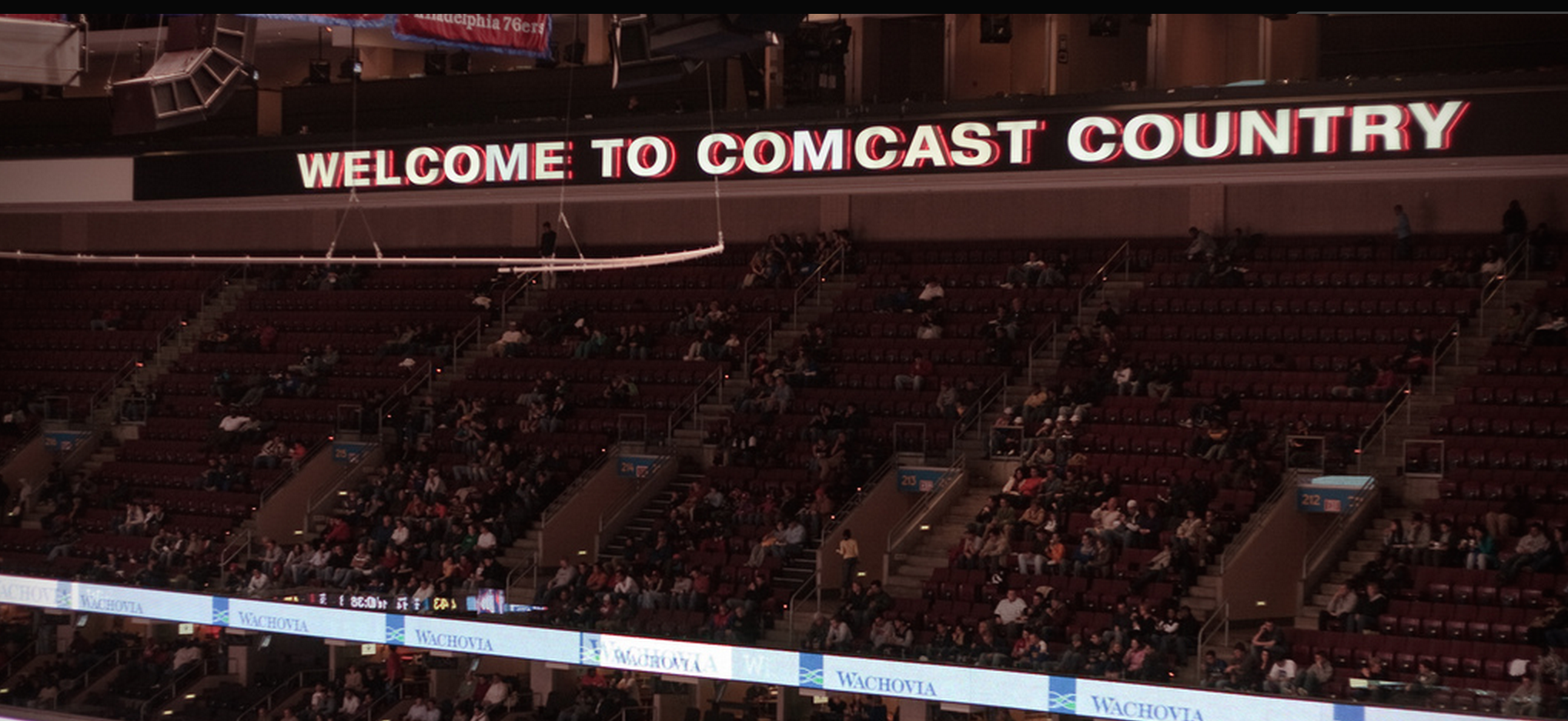
Comcast Fined $2.3 Million For Charging Customers For Equipment, Services They Never Ordered
Comcast has agreed to pay a $2.3 million fine to the Federal Communications Commission to settle an investigation into allegations that the cable colossus charged customers for services and equipment they never ordered. [More]


